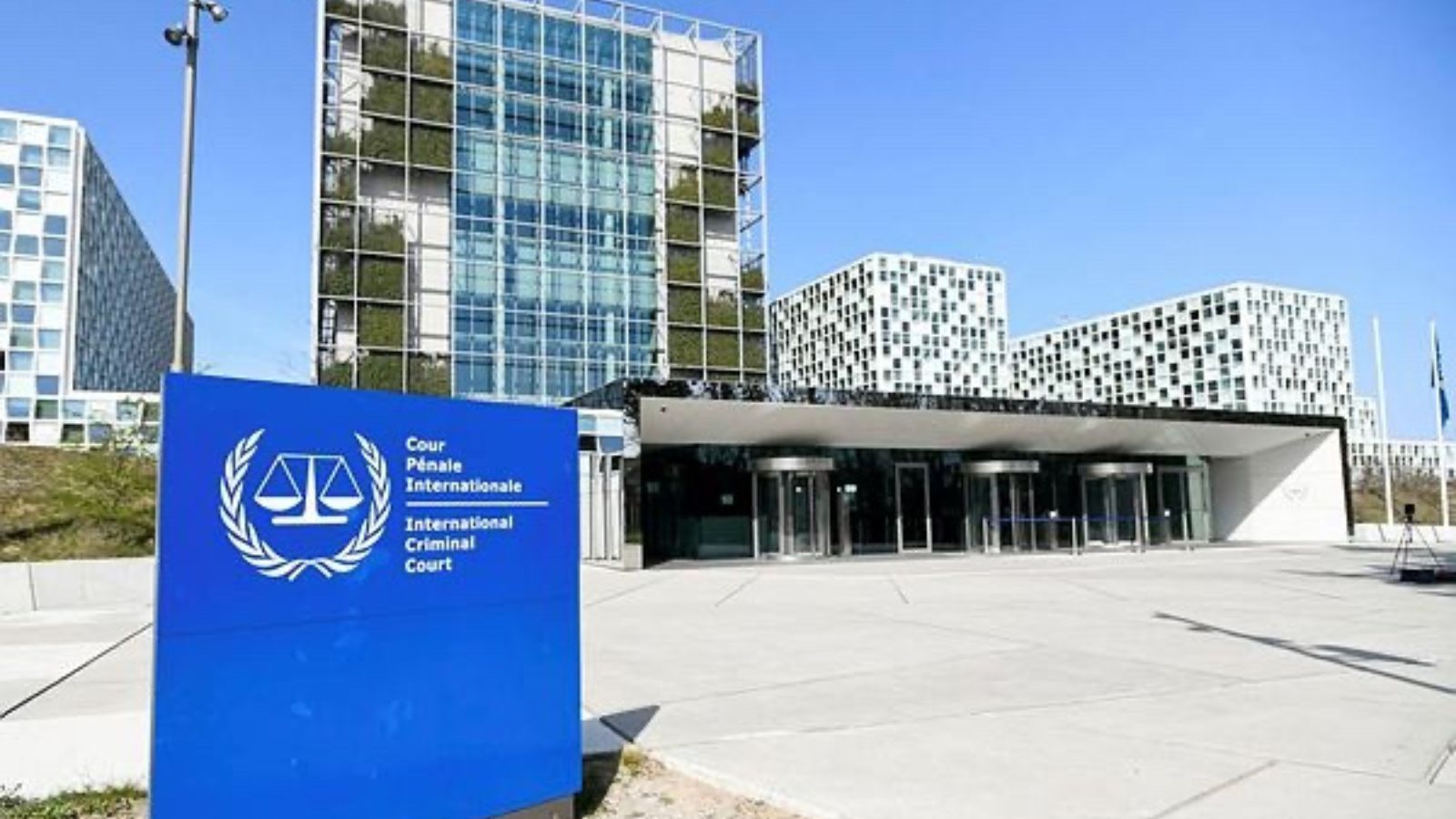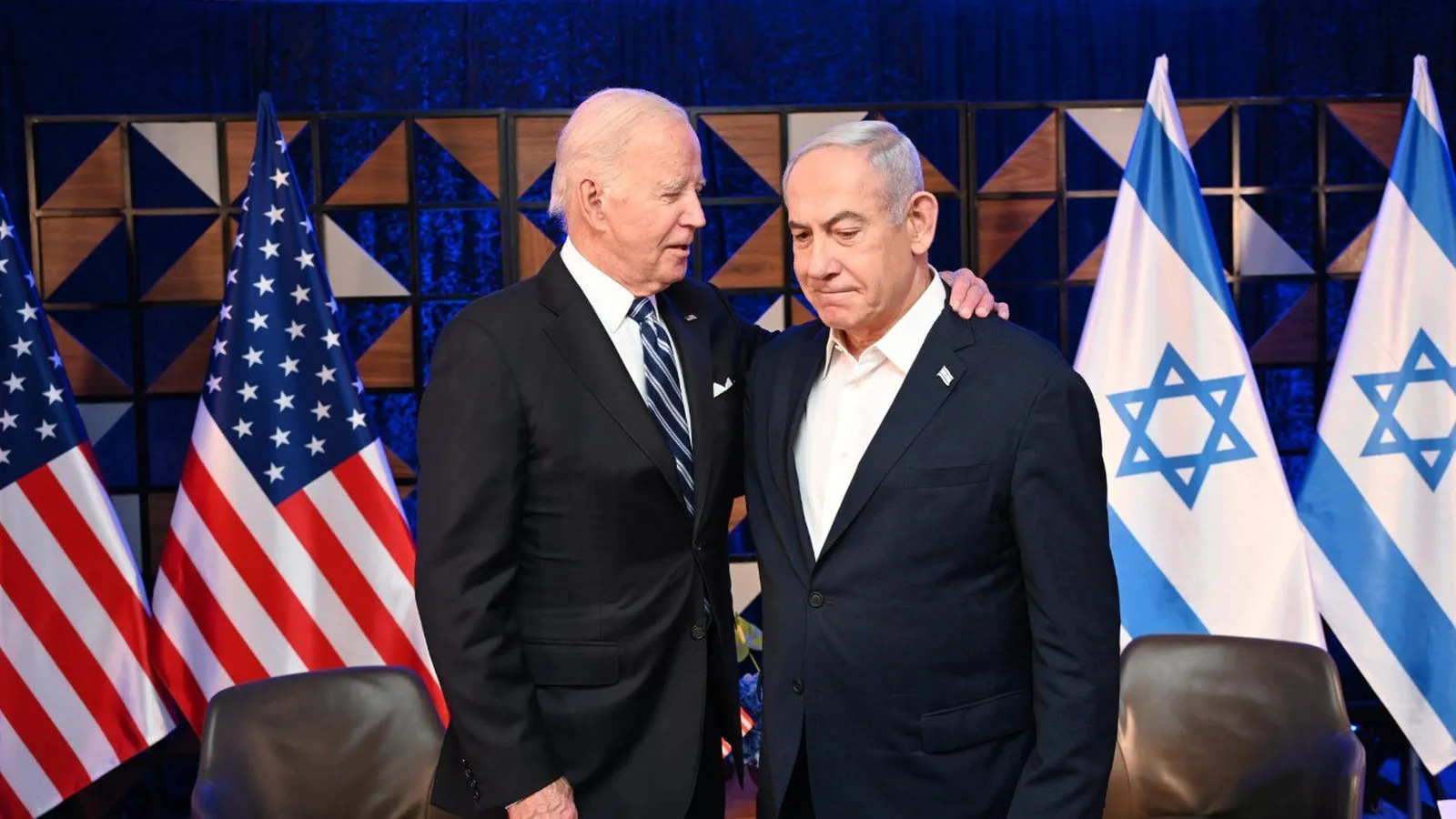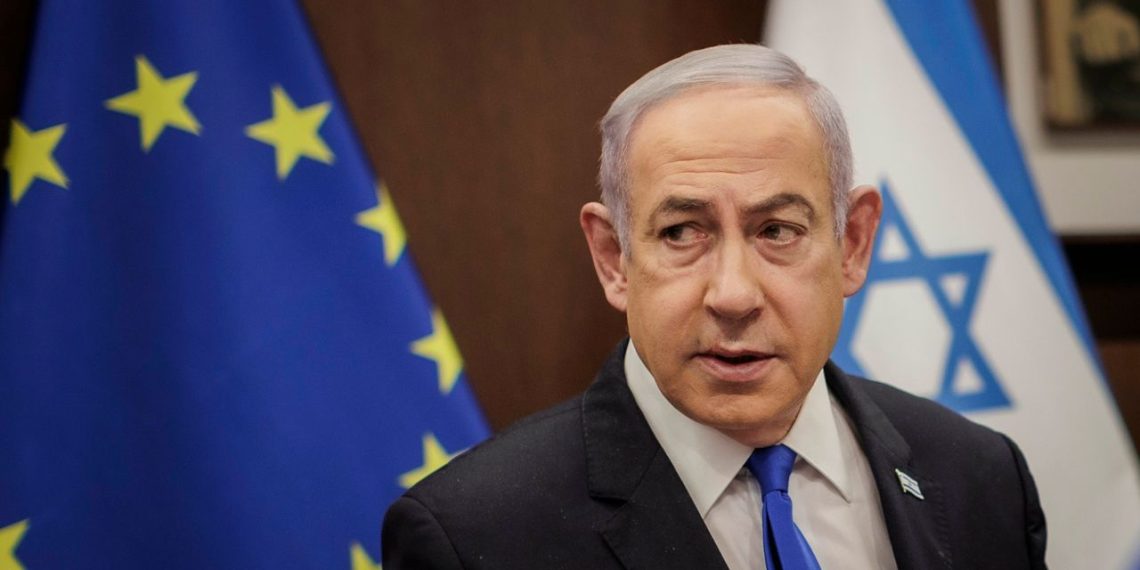Israel has expressed apprehension over the prospect of the International Criminal Court (ICC) issuing arrest warrants against its government officials in connection with the conflict with Hamas in Gaza.
The ICC, empowered to prosecute individuals for war crimes, crimes against humanity, and genocide, is currently investigating both Hamas’ cross-border attack on October 7 and Israel’s subsequent military offensive in Gaza.
Reports from Israeli media suggesting that the ICC might soon issue arrest warrants for senior Israeli government and military figures have prompted Foreign Minister Israel Katz to caution Israeli embassies about potential security threats due to anticipated antisemitic reactions.

Prime Minister Benjamin Netanyahu has emphasized that any ICC decisions would not influence Israel’s actions but could establish a perilous precedent.
Israeli authorities are concerned that arrest warrants might be issued against Netanyahu and other high-ranking officials for alleged violations of international humanitarian law during the Gaza conflict. There are also speculations that the ICC is considering warrants for Hamas leaders.
Israel, not a member of the ICC, does not recognize its jurisdiction, while the Palestinian territories became ICC members in 2015.
ICC Chief Prosecutor Karim Khan asserted the court’s authority over potential war crimes committed by both Hamas fighters and Israeli forces in Gaza.
He affirmed that investigations into alleged crimes in Gaza are ongoing, with accountability for law breaches a priority.

The United States, a close ally of Israel, reiterated that it does not support the ICC’s jurisdiction in this case. The U.S. Ambassador to the U.N., Linda Thomas-Greenfield, emphasized the ICC’s independent status and stated that its investigations proceed without U.S. intervention.
In the face of the ICC’s scrutiny, Israel is bracing for potential diplomatic repercussions and international fallout.
The situation highlights the complexities and legal ambiguities surrounding conflicts in the Middle East and raises questions about accountability for alleged war crimes in the region.





